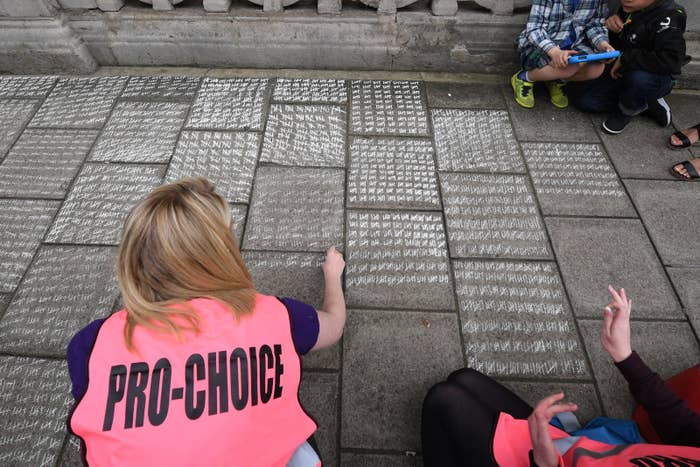
For the past 50 years, women in Great Britain (but not Northern Ireland) have been able to access abortion fairly easily, but it is still technically a criminal act, punishable by life in prison.
The reason a woman is able to terminate a pregnancy up to 24 weeks in Britain is because if she has the sign-off from two doctors, she is considered to be not guilty of the offence.
So it's always illegal, but exceptions will be made to the law at the discretion of doctors.
But with the prevalence of abortion pills available online, an increased number of women are accessing abortion outside of official channels, perhaps without fully realising the legal implications.
A "ten-minute rule" motion – a type of private members' bill – to decriminalise abortion was read in parliament by Diana Johnson MP on Monday. It called on the government to rethink the Abortion Act 1967, which laid out this knotty law and make it easier for women to access abortion pills through their GP, for example.
My speech launching my Ten Minute Rule Bill to decriminalise abortion in England and Wales. The @HouseofCommons vot… https://t.co/9la1HbWIXC
Ann Furedi, chief executive of the British Pregnancy Advisory Service (BPAS), called the current law "offensive and absurd".
A recent YouGov survey for BPAS found 66% of British adults don't think a woman should go to prison for ending a pregnancy without the permission of doctors.
"If we do not think we should lock up a woman desperate enough to buy abortion pills online because she cannot access lawful services, we should no longer accept a law which says we should," Furedi said.
What actually is the law on abortion in the UK?
Current law on abortion in the UK, which was written all the way back in 1861, states that a woman who seeks to "procure her own miscarriage" using "poison or other noxious thing", or "any instrument or other means whatsoever", is to be "kept in penal servitude for life".
This also applies to anybody who helps administer drugs to a woman seeking an abortion.
A mother in Northern Ireland is currently appealing a conviction under this law in the Supreme Court after obtaining abortion pills for her daughter, who was 15 years old at the time.
The mother was reported to police by her GP after admitting to providing the pills. In Northern Ireland, the Abortion Act 1967, the law that made abortion more accessible in England, Scotland, and Wales, was never applied.
How come women do get abortions in the UK then?
The Abortion Act 1967 was a groundbreaking amendment; previously, British women, who had previously faced a full-on abortion ban like that still faced by women in Ireland and Northern Ireland today.
But rather than make abortion legal, the amendment instead created an exception that meant that in certain circumstances women who had an abortion were not punishable. The procedure itself is still a criminal act.
The 1967 act states that "a person shall not be guilty of an offence under the law relating to abortion" if two doctors can agree in "good faith" that:
– in pregnancies up to 24 weeks carrying on with the pregnancy would pose a greater risk to the mother's physical or mental health, or to that of her existing children or family;
– the pregnancy poses a risk of grave permanent physical or mental injury to a women, or a risk to her life;
– or there is a substantial risk that the child will be born with severe physical or mental abnormalities.
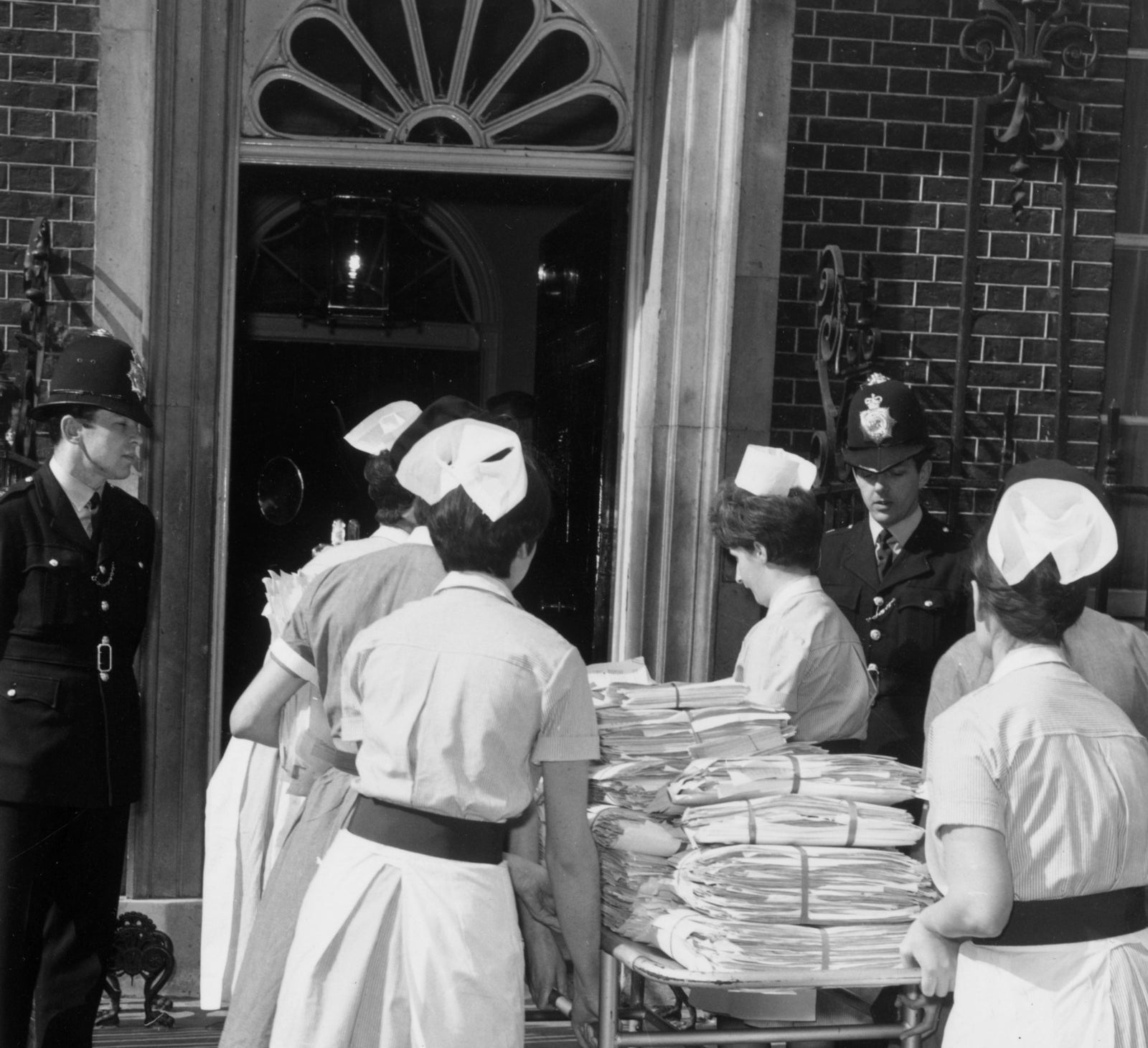
There is no other medical procedure that requires the same legal authorisation from two medical professionals.
Statistically, a woman's life is always at greater risk when she's pregnant than when she's not, so a doctor is usually justified in concluding that signing off an abortion complies with the 1967 act, and a termination is generally not denied.
So if abortion is readily available, why does it matter that it's technically illegal?
In recent years there has been a substantial increase in the number of women buying abortion pills online.
In 2016, 375 doses of abortion pills that were bought online and destined for addresses in England, Wales, and Scotland were seized, compared to 270 in 2015 and 180 in 2014, according to Medicines and Healthcare Products Regulatory Agency data obtained by the BBC. In 2013, there were just five seizures.
Testimony submitted to Women on Web, a Netherlands-based charity that provides abortion medication online, showed that many women in Britain struggled to find abortion services in their area, or were unable to find childcare to cover the multiple doctors appointments required to legally access such services.
"It’s impossible for me to get to a clinic due to having a disabled daughter who I can’t leave and I have no one else I can trust," one woman wrote. "I’m in a complete mess, clinics said I have to leave my daughter at home but I have no one else at all to have her. I’m in good health and have no allergies or medical conditions. Please I’m really desperate for help."
Diana Johnson, the Labour MP who read Monday's motion in the House of Commons, told BuzzFeed News she had encountered a variety of vulnerable women who didn't feel they could go to an abortion clinic.
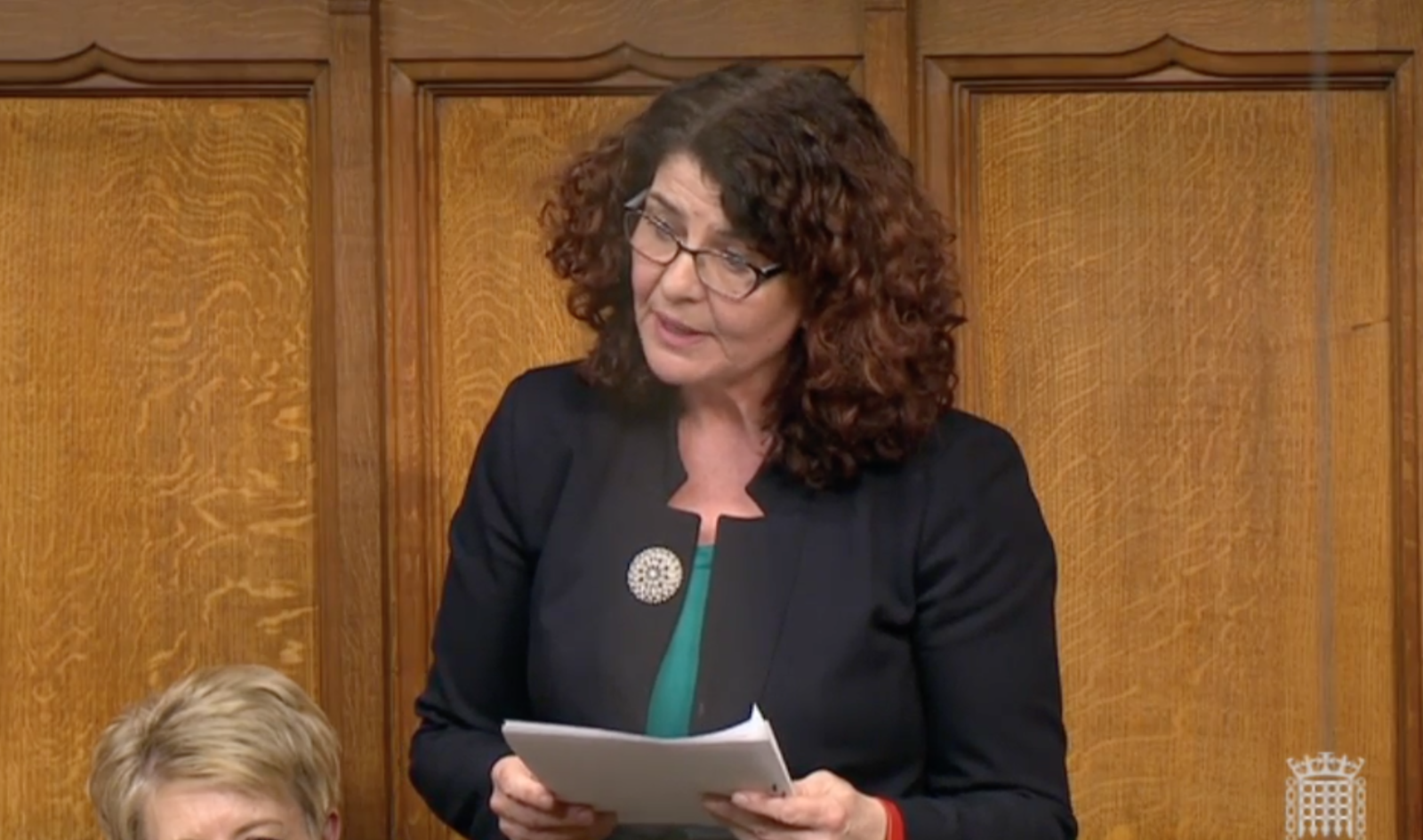
"Women have bought abortion pills online because domestic abuse prevents them from going to an abortion clinic, or there was a case of a young Muslim woman who wasn’t allowed out of the house without a chaperone," she said.
Decriminalising abortion, Johnson argues, could make it possible for a GP to safely prescribe abortion pills, and women would not be forced to turn to the internet to obtain them.
While Women on Web and fellow charity Women on Waves are considered reputable sources of the medication, not every online provider of abortion pills can be trusted.
"Ideally women would be able to access services without taking a chance on the internet," Johnson said. "We all want the safest, easiest way for women to access good, high-quality provisions, as early as possible."
Furedi agreed. "Decriminalisation does not mean deregulation," she said. "Instead it makes it easier for those women to access regulated services in the first place."
Is it safe to take abortion pills at home?
A medical abortion involves taking two sets of tablets – Mifepristone and Misoprostol – that will induce a miscarriage in pregnancies up to 10 weeks.
The initial dose of Mifepristone releases a hormone to detach the pregnancy from the uterus. Doses of Misoprostol taken 6, 24, and 48 hours later cause the uterus to contract and its contents to bleed out.
Side-effects include nausea and cramping, but 97% of women who take abortion pills will require no subsequent medical care.
A medical abortion has the same effects as a spontaneous miscarriage, and infection can sometimes occur. Women who experience a fever of more than 39°C within 24 hours of taking the medication are advised to see a GP who can prescribe antibiotics or perform a surgical abortion.
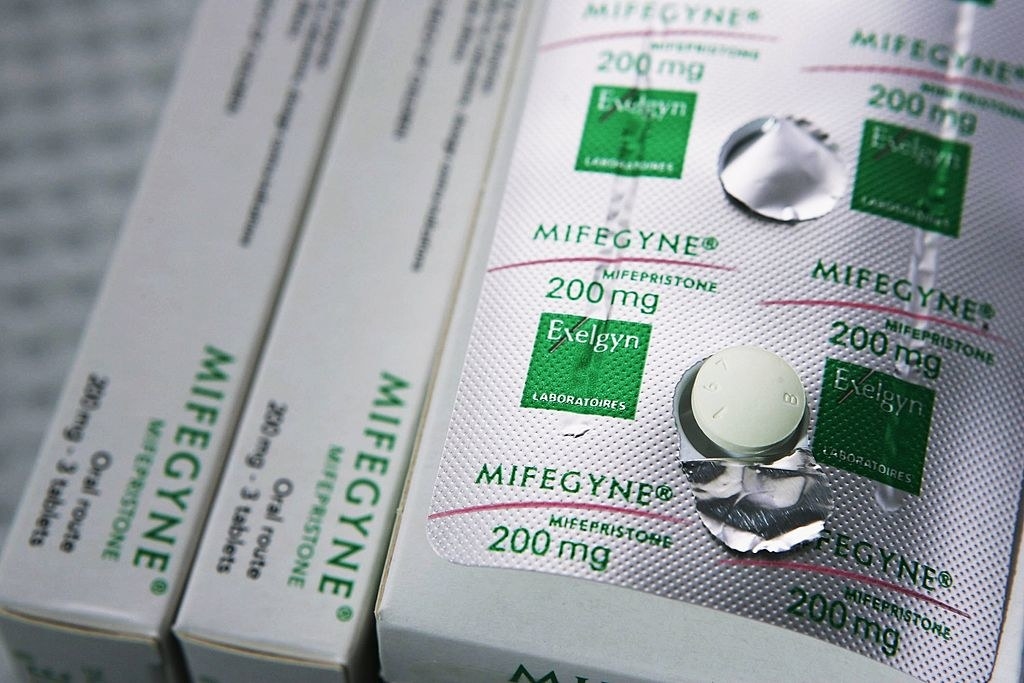
Writing in the LA Times recently, obstetrician and gynaecologist Daniel Grossman made the case for medical abortion in early pregnancy.
"After almost 17 years of experience with mifepristone in the United States, its extensive, positive safety record supports the removal of such restrictions," Grossman said. "The drug can be prescribed by clinicians and dispensed in pharmacies without increasing risks for patients."
A spokesperson for BPAS also said the drug was safe: "Restrictions which serve no clinical or safety purpose could be removed so that women could access services as swiftly and safely as possible. Abortion is an extremely safe procedure, but the earlier it can be performed the safer it is."
Dr Reena Aggarwal, an obstetrics and gynaecology registrar, told BuzzFeed News that medical abortion is safe, but added that the risks posed by bleeding meant use of the drug required medical monitoring.
“If GPs feel comfortable with prescribing the drug – which is a big ask – then they will need proper training to bring that type of service into the primary care sector,” she said. “We need the right people doing it and ensuring there are adequate safety mechanisms.”
How likely is it that the law will be changed?
Johnson said that Monday's motion on reproductive health and access to terminations is just the first step in a long road to decriminalising abortion.
"It’s the first time this new parliament has debated abortion, so it will be interesting to see what kind of division there is," she told us.
She said it was time that current laws on abortion, need to be altered to better reflect current times.
"Women’s access to medications online raises all sorts of issues that I think at some stage, parliament is going to have to address," she said.
Following Monday's motion, 172 vs 142 MPs voted in parliament to take the bill to its next stage, meaning it will be debated further.
But outside of parliament, there is still opposition to changing the current law.
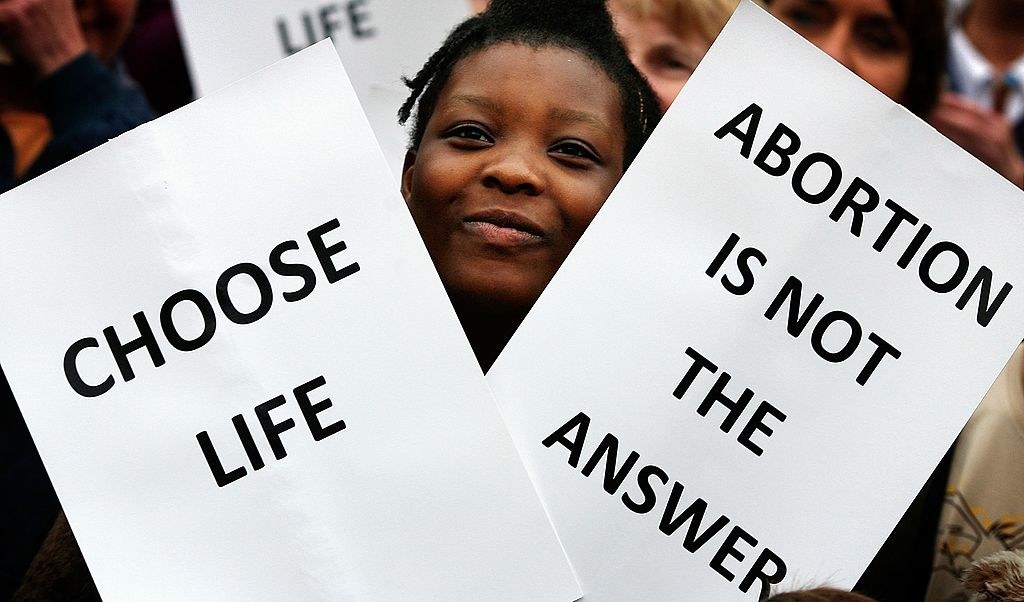
Robert Colquhoun, a spokesperson for anti-abortion group 40 Days for Life, told BuzzFeed News that while the organisation did not campaign politically, he was completely opposed to decriminalisation of abortion.
"This is because it would leave no legal protection whatsoever for children in the womb to be violently killed by abortion," Colquhoun said. "A baby who is just about to be born could be legally killed by its mother for any reason."
But Furedi believes that the decision around terminating a pregnancy belongs with the pregnant woman, not the law.
"Ultimately we must trust that the person who is best placed to make a decision about a pregnancy is the person who must bear the consequences of it," she said. "In 2017, we should be trusting women to make that choice."
